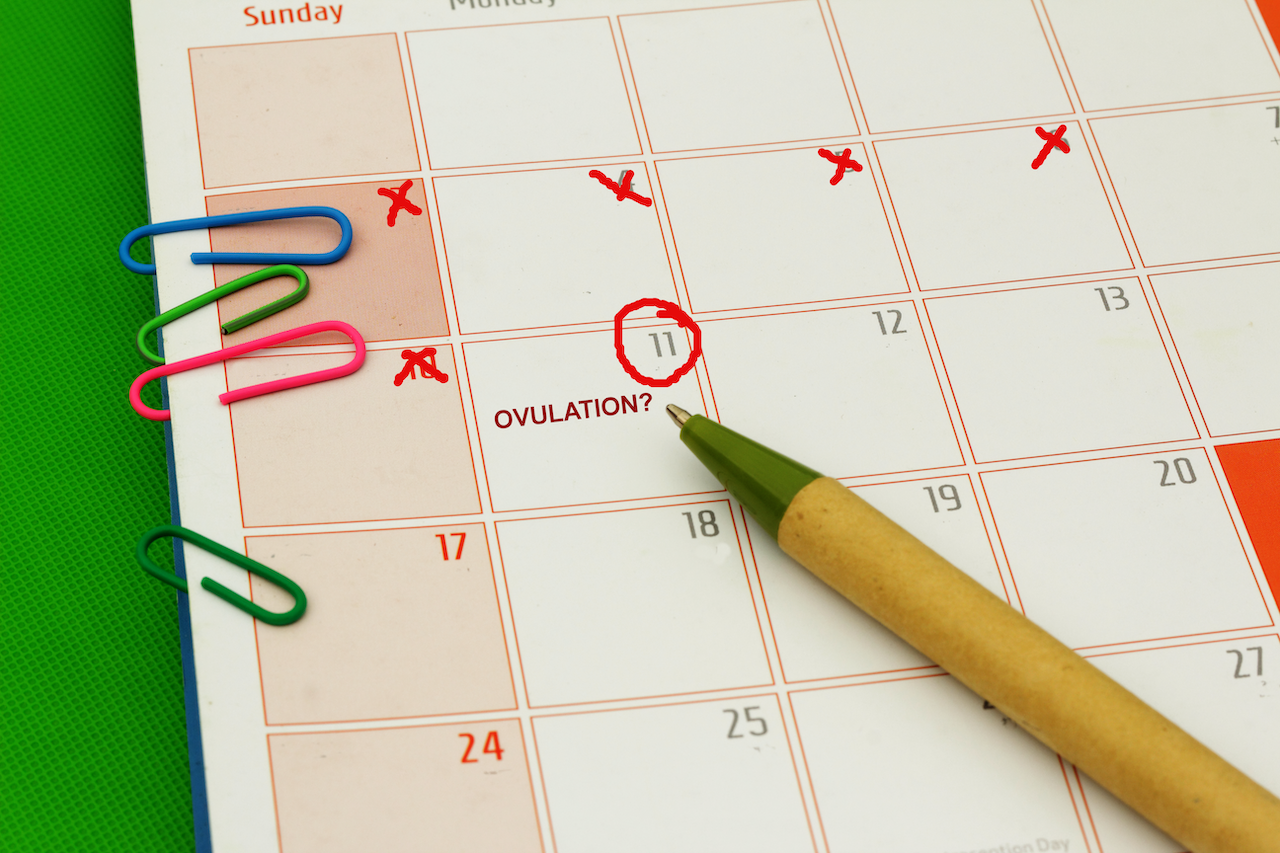Effects of miscarriages
Experiencing a miscarriage is a deeply emotional and heartbreaking event for couples trying to grow their families. Having a miscarriage may be a common experience for women, but that doesn’t make it any easier to deal with. A common question that comes after a miscarriage is: How long after a miscarriage can you get pregnant again? This question can have complex answers depending on the physical and emotional considerations.
Physical recovery from a miscarriage and pregnancy timing
Physically, your body needs time to heal after going through a miscarriage. The length of this healing process can vary from person to person. These factors can include the gestational age at which the miscarriage occurred, any complications during the miscarriage and your overall health. Medical professionals typically recommend you wait one to three menstrual cycles before you attempt to conceive again. This waiting period allows your body time to heal physically. It can also allow your menstrual cycle to regulate, the uterine lining to build up and hormone levels to stabilize. This can help make a more conducive environment for a healthy pregnancy.
Emotional healing and timing from a miscarriage
Your emotional healing and recovery after a miscarriage is just as important as your physical healing. The grief process after a pregnancy loss is a deeply personal and essential journey. There is no fixed time frame for emotional healing. Some people may feel ready to try to get pregnant again soon after the miscarriage. Other people may need more time to cope with their grief and navigate their complex emotions after their loss. Emotional healing is an ongoing process. It’s essential to give yourself the time and space that’s needed to heal.
You and your partner must communicate openly about your feelings, fears and desires. It can be beneficial to seek support from your friends, family or a therapist. Having a safe space to process your emotions and make decisions about your next steps can help your healing journey. There are also support groups and online communities that can provide opportunities to connect with others who have experienced similar situations to yours. This can provide you with a sense of understanding and belonging.
Medical considerations and consultations
When you are considering pregnancy after a miscarriage, you should consult a health care provider or fertility specialist. They can offer you personalized guidance based on your individual circumstances. They may want to conduct specific tests to identify potential causes of your miscarriage. Understanding the underlying cause, like genetic or hormonal factors, can help inform your future pregnancy planning. Your health care provider may also be able to recommend specific medical interventions or treatments.
Impact on fertility
Going through a miscarriage doesn’t necessarily indicate that you will have long-term fertility issues. In many cases, women go on to have a successful pregnancy after a miscarriage. However, if you are experiencing recurrent miscarriages (usually defined as two or more consecutive miscarriages), you may want to have a thorough evaluation. Additional tests may be conducted to identify any potential underlying health conditions, hormonal imbalances or genetic factors that could be contributing to your recurrent losses. Addressing these issues with the appropriate medical interventions can improve your chances of a successful pregnancy.
Preventing a miscarriage
While some miscarriages happen due to factors outside of anyone’s control, there are steps that you can take to help promote a healthy pregnancy:
- Preconception care — Being in your best health before you conceive is important. This includes ensuring that you eat a balanced diet, exercise regularly and manage your stress.
- Avoiding harmful substances — It’s important to avoid alcohol, smoking, and recreational drugs if you are trying to become pregnant. Certain medications may also need to be adjusted before you become pregnant. It’s important to consult with your health care provider about any medications you’re taking and their potential side effects on your pregnancy.
- Genetic counseling — If you have a history of recurrent miscarriage or genetic disorders, you may benefit from seeking genetic counseling. This counseling can help assess any potential risk factors and understand potential interventions.
- Regular prenatal care — Attending regular prenatal appointments is essential once you become pregnant. You should also follow any medical advice and take prenatal vitamins. These are all essential parts to promote a healthy pregnancy.
- Emotional support — Your emotional well-being is connected with your physical health. Both are equally important to take care of. Seeking emotional support can help reduce stress and boost your overall well-being. This support can be from loved ones, therapists or even support groups.
The timing to try to get pregnant again after a miscarriage is a deeply personal decision. This decision to get pregnant again after a miscarriage can be influenced by your physical recovery, medical considerations, your emotional healing, and taking proactive measures to help promote a healthy pregnancy. As you navigate the complex emotions and challenges after a miscarriage, it’s important to understand that support is available to you.
Fertility Cloud can be a guiding light after a miscarriage
Fertility Cloud can provide you with hope and support during your journey to navigate the challenges after pregnancy loss. We can provide you with essential information and our medical expertise with a compassionate guiding hand. As you go through your healing process, we can provide you with a safe environment where you can heal, learn and continue on your path to parenthood again.
Contact our team by phone today for more information or book an initial appointment online with a fertility specialist.





